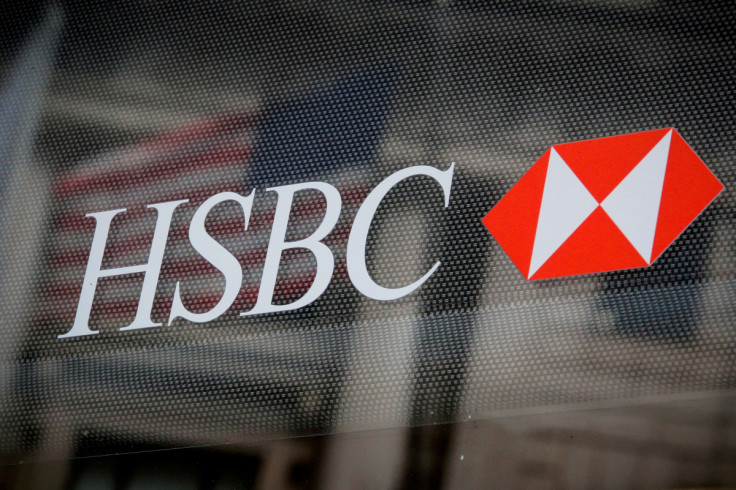HSBC Expresses Concerns About UK's Economic Outlook Despite a 240% Rise in Profits
HSBC, headquartered in London but primarily focused on the Asian market, announced pre-tax profits of $7.7 billion (£6.4 billion) for the third quarter spanning from July to September.

HSBC recently announced it will be increasing its pre-tax profits by 240 per cent for the third quarter. The bank claims this boost is from rising interest rates caused by central banks fighting off persistent inflation.
The bank reported pre-tax profits of $7.7 billion (£6.4 billion) for the July to September period, accompanied by a substantial $3 billion share buyback initiative. Furthermore, HSBC unveiled a third interim dividend payout of 10 cents per share, bringing the total for the year to date to 30 cents per share. While these financial figures might initially appear positive, investors are apprehensive about certain factors affecting the bank's overall profitability.
Rising interest rates are the main thing responsible for HSBC's spike in profit. Concerns about inflation were met with rate hikes from central banks to fix it. This then helped HSBC become even more profitable than they already were.
The bank plans to use its additional capital to launch a $3 billion share repurchase program. This move is generally well-received by investors. There were three interim dividend payouts issued by them this year that further show their commitment to giving out rewards to shareholders.
There are a few factors causing concern among investors though. When the London market opened, HSBC's share prices increased by only 0.5 per cent. That's really low considering they had a huge boost in profits. Part of this lacklustre response can be attributed to expectations, as the reported number fell short.
A key issue contributing to this underwhelming performance is the rise in costs related to new technology. In an era of rapid technological advancements and digital transformation, banks like HSBC are required to make substantial investments in technology infrastructure to remain competitive and meet customer demands. These investments can strain profitability in the short term, impacting the bank's financial performance.
Moreover, a $500 million impairment charge has cast a shadow over HSBC's otherwise robust earnings. This charge is connected to the bank's exposure to China's troubled commercial real estate sector, which has been grappling with significant financial difficulties.
Notably, China Evergrande, one of the most prominent players in this sector, is facing a winding-up petition in a Hong Kong court scheduled for December, as it struggles to manage its colossal debt, which exceeds $300 billion. The uncertainty surrounding China Evergrande and the potential consequences for banks with exposure to the real estate giant has created a sense of unease among investors.
Another factor causing concern is the decline in HSBC's net interest margin, a pivotal metric that gauges lending profitability. This margin fell by two basis points compared to the previous quarter, settling at 1.70 per cent. The decrease is attributed to an increase in customers moving their deposits to term products, particularly in Asian markets.
While it's a strategic move by customers, it negatively impacts the bank's ability to generate profits through lending. A shrinking net interest margin can put pressure on a bank's overall profitability and is an issue that HSBC needs to address.
HSBC's statement regarding these financial results acknowledged the uncertainty in the economic outlook, particularly in the UK. The company expressed a cautious stance, indicating that they are closely monitoring risks related to their exposures in mainland China's commercial real estate sector. This cautious approach reflects the bank's awareness of the challenges and potential risks that lie ahead in an evolving economic landscape.
These results come just days before the Bank of England's scheduled announcement regarding its latest interest rate decision. Financial markets widely expect that the central bank will maintain its current interest rate of 5.25 per cent.
This expectation is primarily based on the fact that inflationary pressures have been gradually subsiding while the UK's economy remains stagnant. Despite this apparent stability, it is clear that HSBC and other market players are keeping a watchful eye on the broader economic environment.
© Copyright IBTimes 2025. All rights reserved.






















